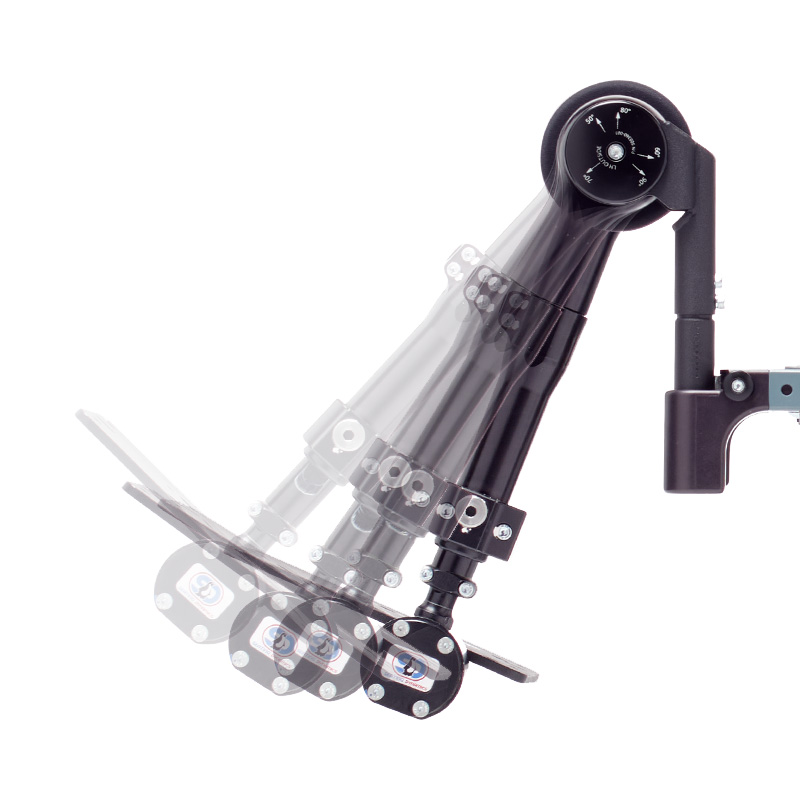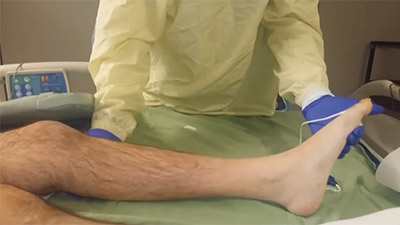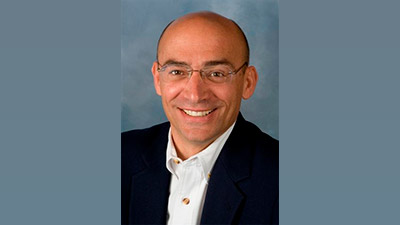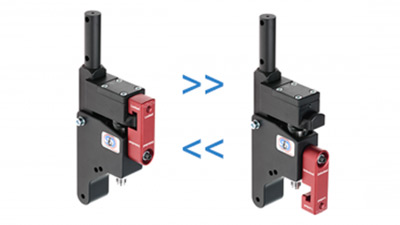Dynamic Seating for People with Huntington’s Disease
Oftentimes people ask me who is appropriate for use of Dynamic Seating. Many people can benefit from this technology. One group of people for whom Dynamic Seating is particularly helpful are those with Huntington’s Disease.
Dynamic Seating for Persons with Spinal Cord Injury
When I say, “Dynamic Seating”, you may immediately think of clients who have a lot of tone and are breaking equipment. Dynamic Seating is often used to prevent equipment damage, but has other applications, as well. As a matter of fact, Dynamic Seating is being used more and more with people who have a spinal cord injury.
Dynamic Seating through the Years – an interview with Toby Bergantino
Toby is an ATP who works for Numotion in Connecticut. I’ve had the opportunity to work with Toby on a few occasions and I truly admire his amazing knowledge and experience. He works quite a bit with dynamic seating and I had an opportunity to talk with him about that recently.
Amanda “Rocks” Her Wheelchair for a Walk – an interview with Tamara Kittelson-Aldred
Tamara Kittelson-Aldred, M.S., OTR/L, ATP/SMS is an Occupational Therapist in Montana who has been practicing for more than 40 years! She has been using Dynamic Seating with the clients she serves for 10 – 15 years now. Tamara and I talked about her experiences with Dynamic Seating, particularly with one of her clients, Amanda.
Saving Wheelchair Equipment from Destruction: Dynamic Seating to the Rescue
I recently presented a webinar on Dynamic Seating through AbleNet. One of the participants shared that he had successfully used Dynamic Seating with a client who routinely ‘destroyed’ seating and wheeled mobility equipment. Vincent Coratello is an Adapted Equipment Specialist and Minister of Fleet Operations at Allegheny Valley School in Hummelstown, PA.
Dynamic Seating and Medicare
Is it possible to get funding for Dynamic Seating components through Medicare? What about funding for clients who are on both Medicare and State Medicaid? To get the answers, I contacted my friend Andria Pritchett, Executive Director of Clinical Education for Numotion.
Wheelchair Seating Surfaces, Cushions & Dynamic Seating
Can a Dynamic Back be used with any type of seat? Does the movement allowed by this component limit what seating surface can be used? This is an important consideration. A seat or cushion is typically designed to support the pelvis and provide pressure distribution when the client is in a static position. Dynamic seating gets things moving!
Dynamic Seating: a cost benefit analysis
Whenever I recommend complex rehab equipment for a client, I need to be aware of the cost of my recommendations. Why? One reason is that my documentation must often include why something less costly will not meet the client’s needs.
Supplier Interview: Dale Thomas – a success story!
Dale Thomas is a supplier with National Seating and Mobility in Lexington, Kentucky. He is fairly new to this field, but certainly not to complex rehab equipment, having a young son who has cerebral palsy and uses wheelchair seating and mobility. Dale is a big fan of Dynamic Seating and agreed to talk with me by phone recently.










